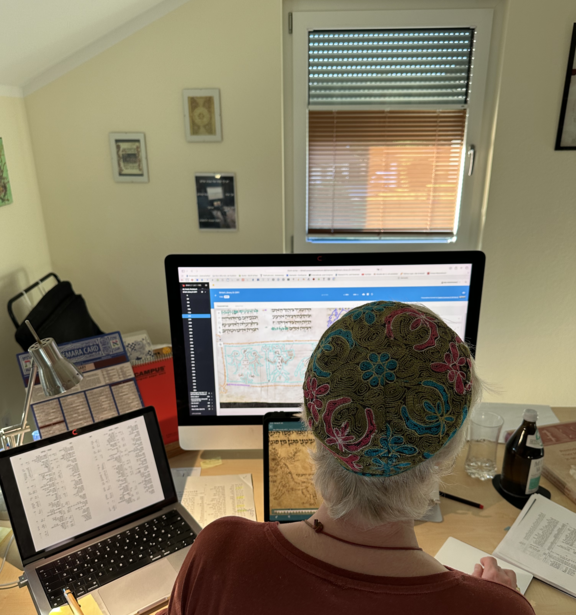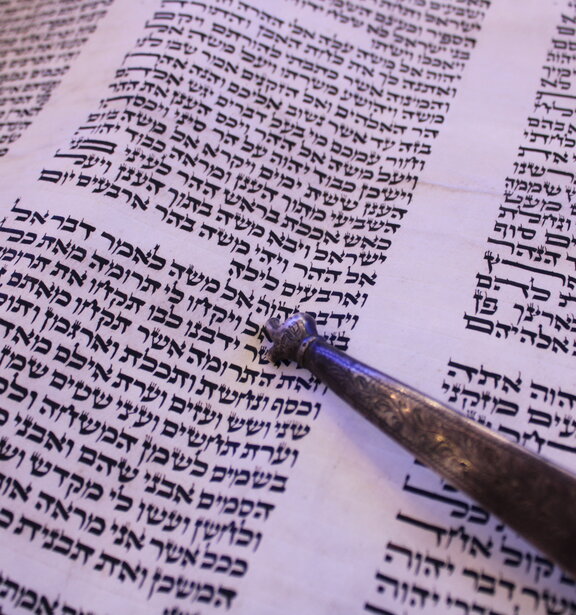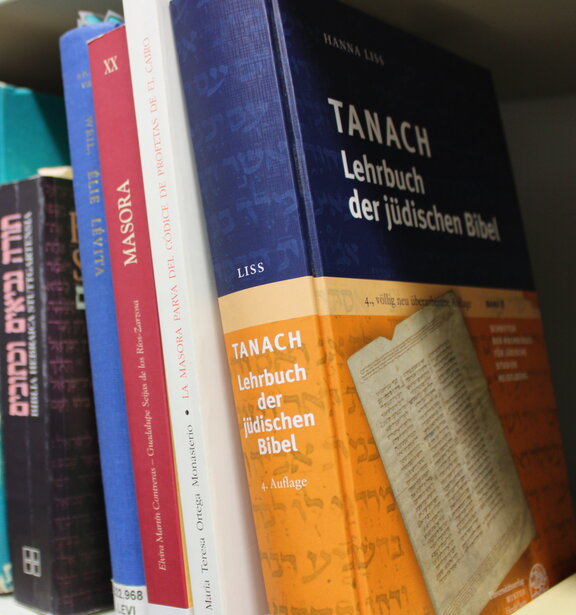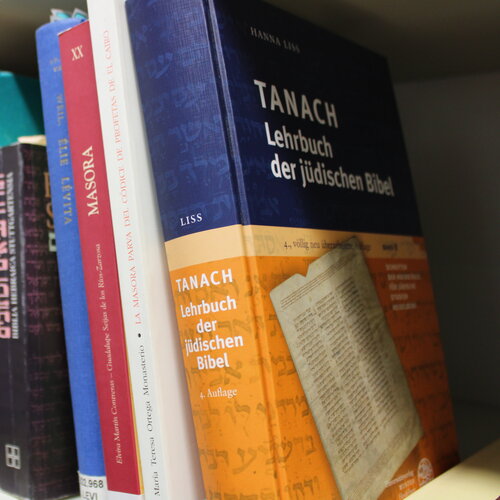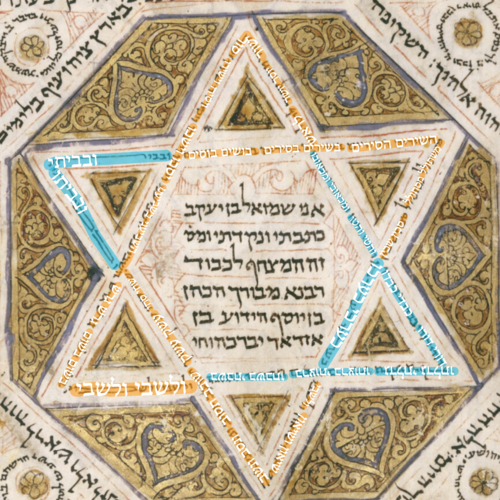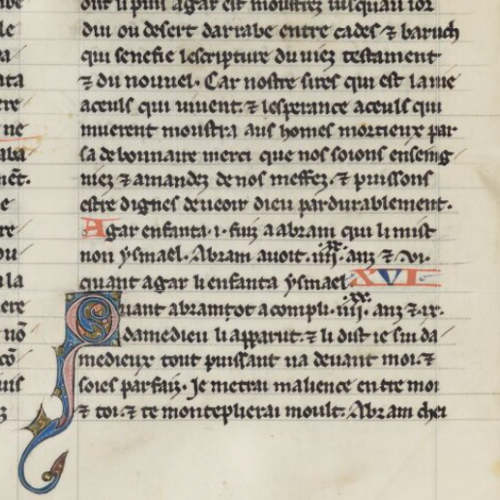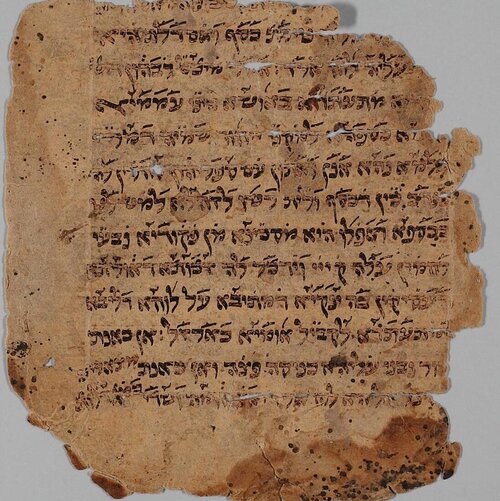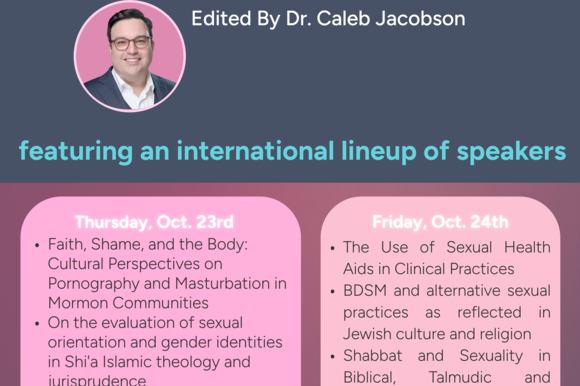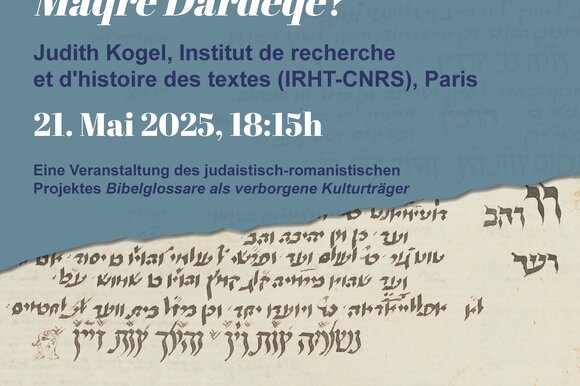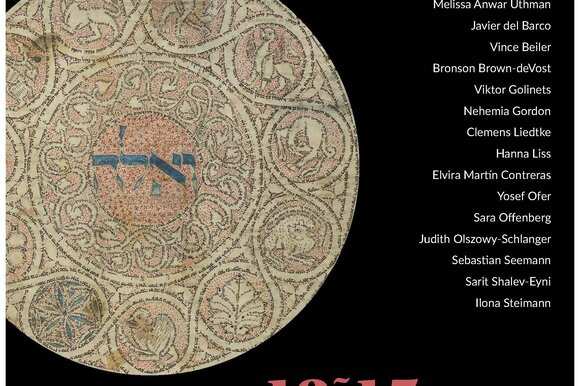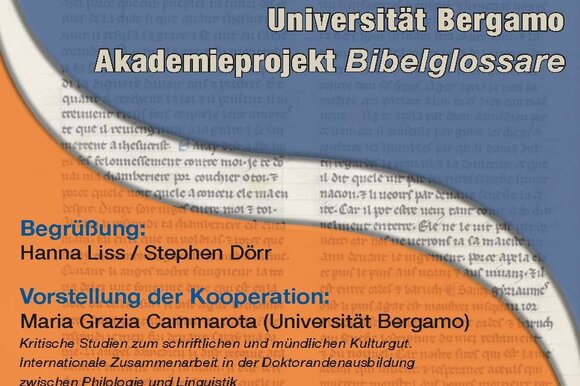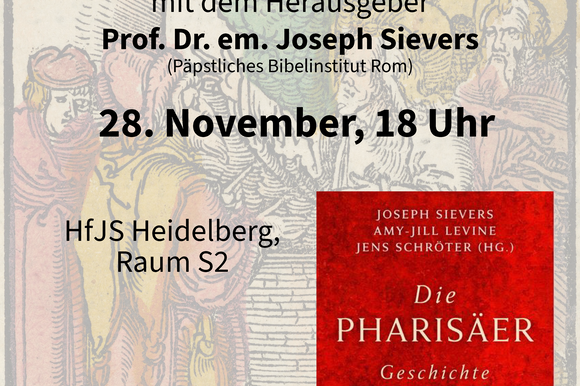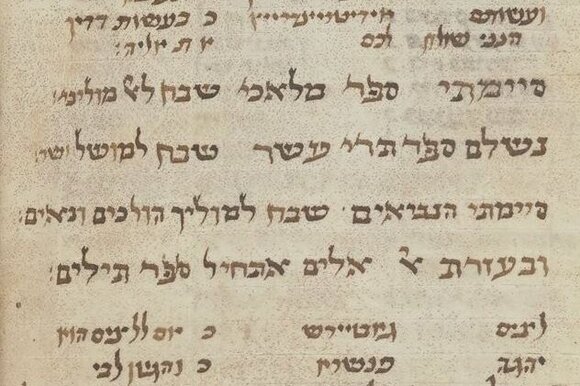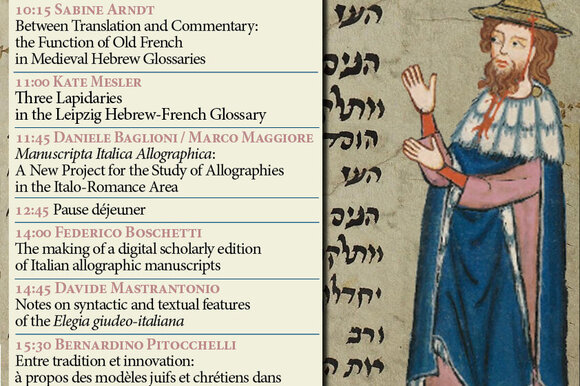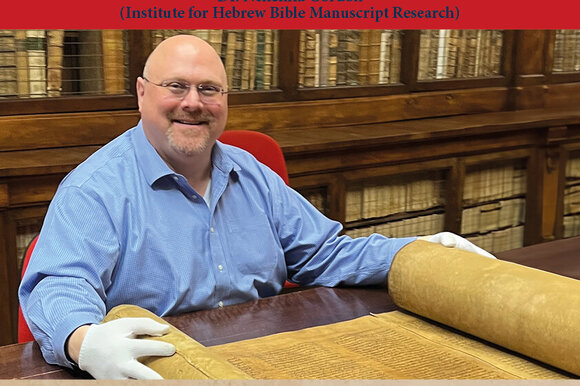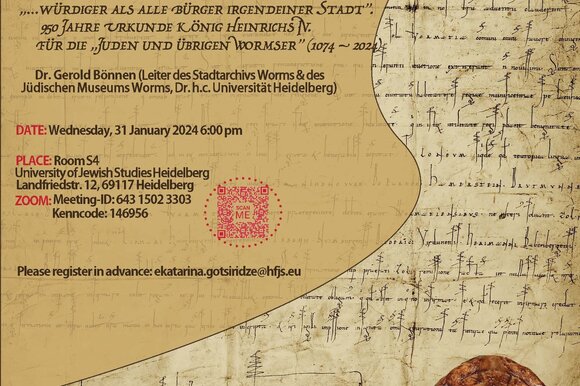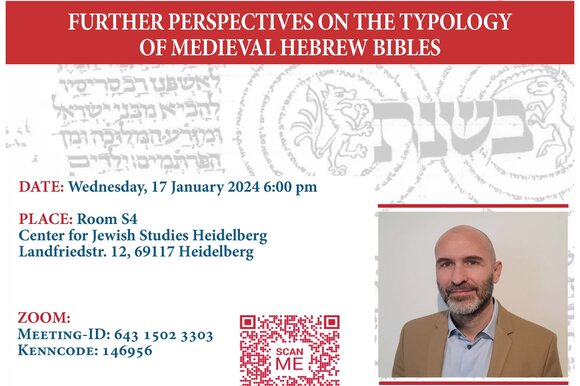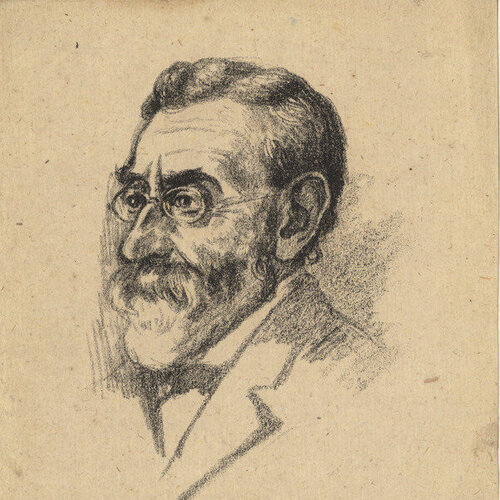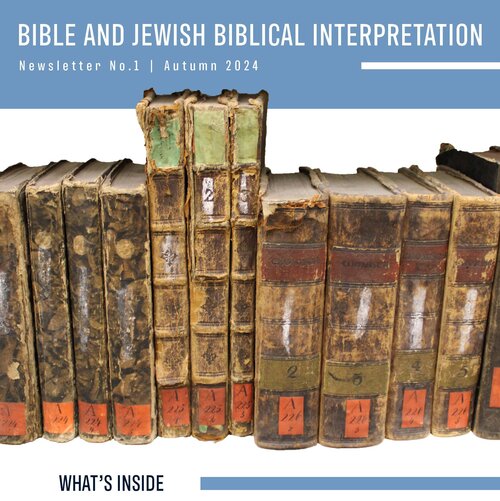Bible and Jewish Interpretation of the Bible
The Chair of Bible and Jewish Bible Interpretation is the only one of its kind in Germany that deals with the text, tradition, exegetical reception and modern interpretation of the Hebrew Bible from antiquity to modern times in teaching and research. The field of research into biblical history and literature alone covers a historical framework of more than 1000 years. If one adds to this the sources for Jewish biblical interpretation in the Middle Ages and modern times as well as the Masorah as a link between the (Masoretic) biblical text and its interpretation, this subject ideally covers more than 2500 years, which need to be surveyed in literary-specific questions of detail as well as in increasingly interdisciplinary questions and research approaches. With the exception of a few sources on Jewish biblical interpretation in the 19th and 20th centuries, all the key sources are written in Hebrew and Aramaic.
The Heidelberg Chair focuses on the one hand on Masoretic Bible text and manuscript research (9th-13th centuries), and on the other hand on sources for Jewish Bible interpretation from the first half of the 10th to the second half of the 13th century, as well as on the 19th and 20th centuries.
Only the so-called Masora from Eretz Israel, i.e. the Masoretic hypertext with vocalization, accentuation and the addition of various annotations, allows the ancient consonantal text (Qumran) to become a medieval Masoretic text. The aim of the research at the chair is the first study of the Western European (Ashkenazic) Masora tradition between the 11th and 15th centuries, which differs from the Oriental Masora philologically and in its external appearance as a masora figurata. It also deals with the process of inculturation of the masora and the Hebrew Bible text into the Christian environment (architecture; book art).
The Heidelberg Chair focuses in particular on the interpretative tradition of the medieval northern French school of exegetes, i.e. the exegetical commentaries of R. Shelomo Yitzchaqi (RaShY) and his school, R. Avraham Ibn Ezra, the members of the Qimchi family and R. Moshe ben Nachman ('RaMBaN = Nachmanides'). In addition, the surviving Hebrew-French Bible glossaries, especially from the 13th century, are also dealt with. These Bible glossaries, which reproduce the vernacular glosses in Hebrew graphics, are exceptional witnesses not only for exegetical and cultural-historical Judaic research, but also for morphological, phonological and lexical research into Old French between the 11th and 13th centuries. They form fundamental texts for research into the interrelations between Jewish intellectual history and the non-Jewish environment.
The courses are regularly linked back to the main areas of research.
The entire spectrum of the subject - from the biblical traditions to the latest interpretative literature - is covered and dealt with in teaching on the Bachelor's and Master's degree courses.
In cooperation with the Abraham Berliner Center , workshops and lectures are regularly held with international guest scholars.
Winter semester 2025/2026
- Advanced seminar / exercise: The temple: sacred place, fiction, utopia
Leader: Prof. Dr. Hanna Liss
Wednesday, 9.15-10.45 a.m., S 3
- Proseminar / Exercise: Yaaqov and Esaw - hostile antagonists?
Leader: Prof. Dr. Hanna Liss
Wednesday, 11.15-12.45, S 3
- Advanced seminar / exercise: The significance of the Masora in medieval Ashkenaz
Leader: Prof. Dr. Hanna Liss
Thursday, 09.15-10.45, S 3

